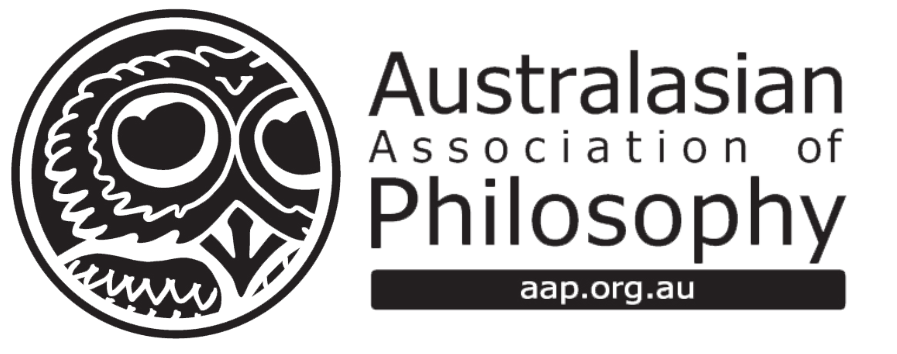|
The philosophical community will be saddened to learn that David Malet Armstrong died on the 13th of May after a long illness: two months shy of his 88 thbirthday. DMA or Armo, as he was affectionately known, is the most important philosopher that Australia has produced. Such has been his impact that he not only made major contributions to the philosophy of mind, epistemology and metaphysics, he also played a significant role in laying out the terrain and setting the agenda in those fields. As one reviewer put it when summing up Armstrong’s book What is a Law of Nature?, ‘all future work ... starts here’.
The Australasian Association of Philosophy expresses its sadness at David Armstrong’s death, and offers its condolences to his wife Jenny and her children and his sister Suzanne.
The University of Sydney will host a Memorial for David Armstrong in the Great Hall at 2.00pm on Wednesday 16 July.
|
 |
The AAP hopes that this page can be used to collate and share thoughts about Professor DM Armstrong. If you leave a post, make sure you add your name at the end, and your email, if you wish.
